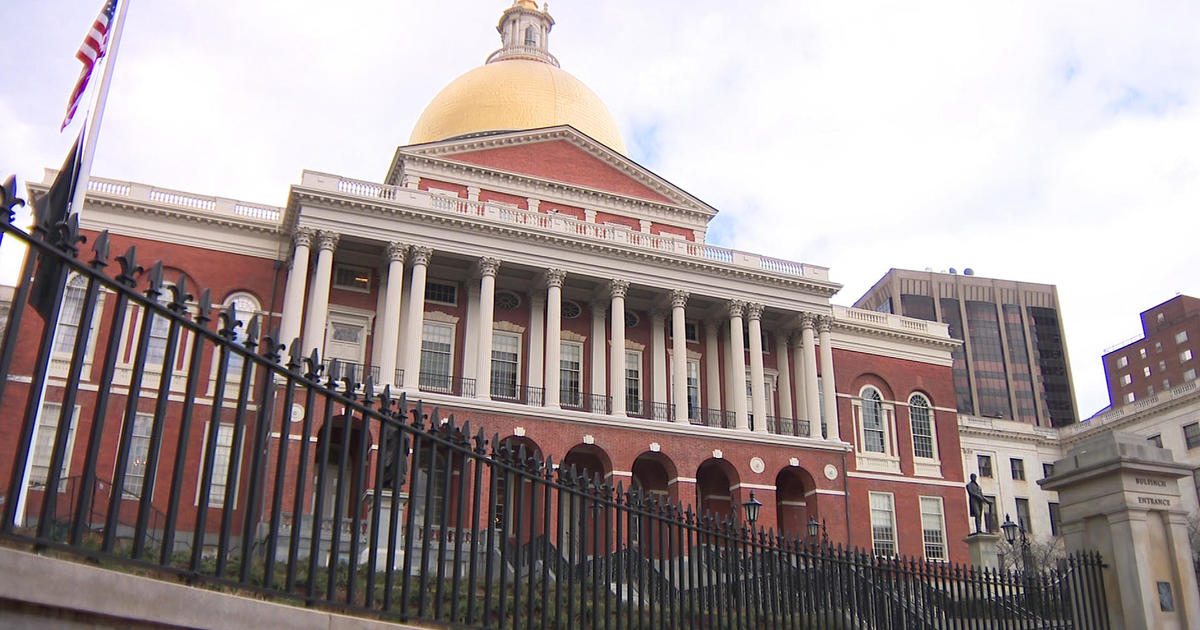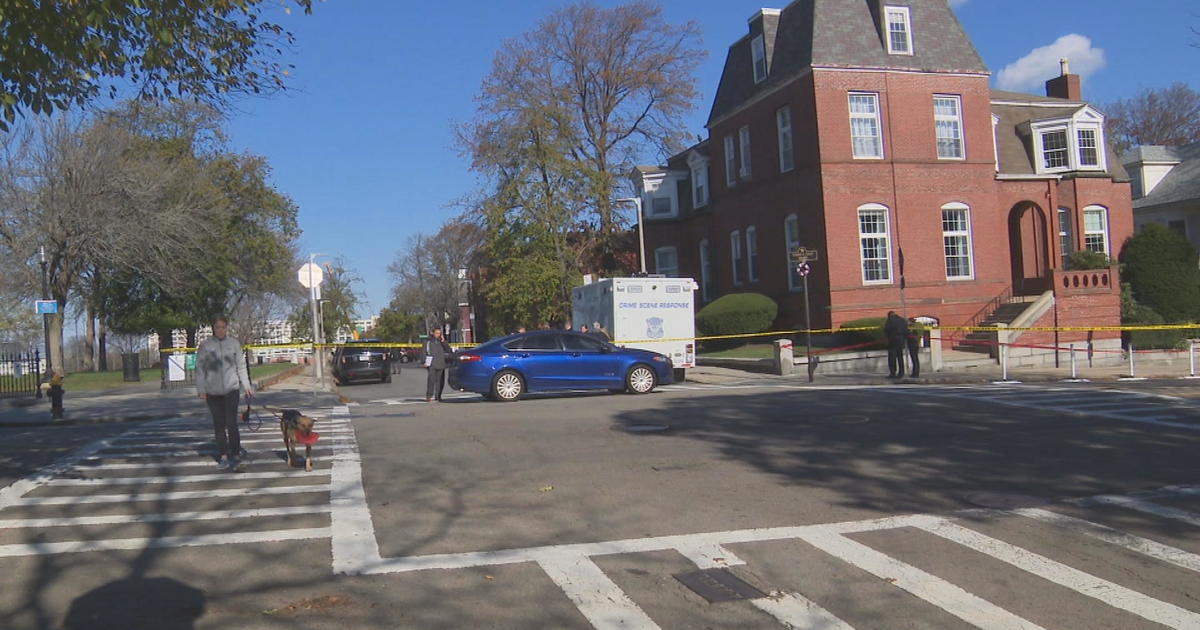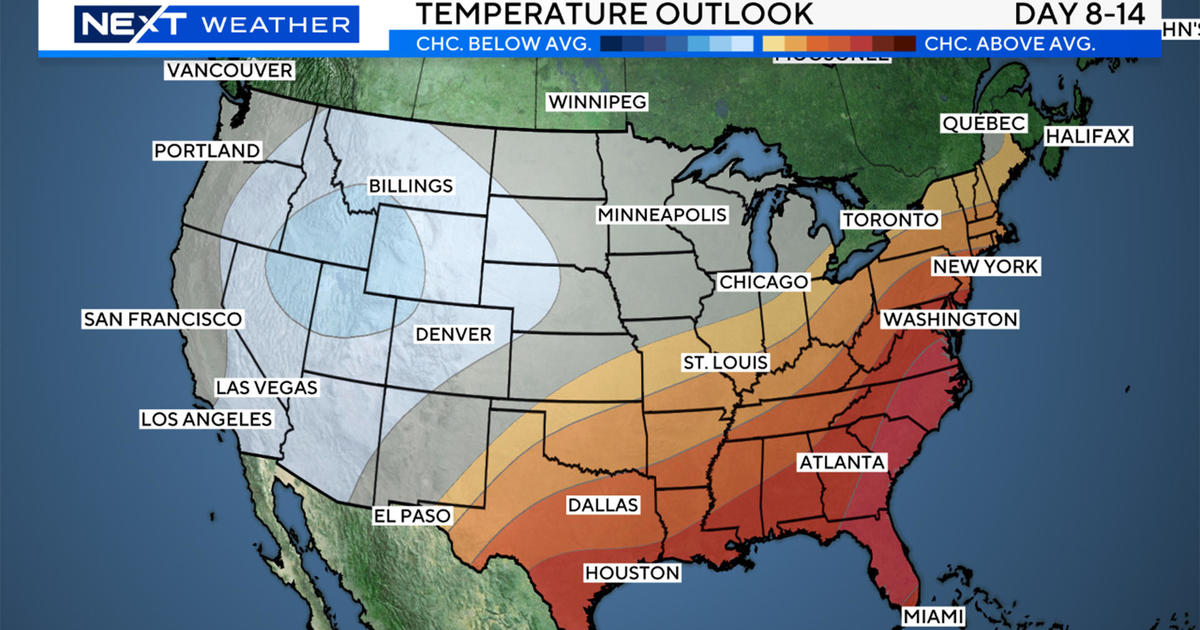'Curious' About Flaggers: Where Are They?
 WBZ
WBZ
They're out there, controlling the stop-and-go of traffic on state road projects.
Civilian flaggers, who were unveiled amid a wave of publicity a year ago, are now being seen on an increasing number of projects where the state is the awarding authority and on roads with the speed limits less than 45 mph.
It's happening to the tune of millions in savings, says Mass. Highway's chief engineer Frank Tramontozzi.
Final numbers will be released in mid-November when the construction season comes to an end, but he insists taxpayers will like what they see.
Using flaggers has been controversial since the state has long had a policy of using police details to control traffic.
The head of the Massachusetts Municipal Police Association admits it's an opportunity for police to make extra money, but says it's also a safety issue. "It's always a benefit to have a trained set of eyes and ears on the street, especially today when cities and towns are hurting," says Harry MacGilvray, also a Medford police officer. "Taxpayers get more bang for their buck with a trained officer on the street if they're needed at any time to respond to an emergency."
But the state says by using flaggers they can better control the work site and costs. "We don't have to pay a minimum of four hours for a police detail," says Tramontozzi.
The state estimates civilian flaggers are paid an average prevailing wage of $35.00 an hour, while they average police details at $38.00 an hour.
Many cities and towns say the savings are not enough to hire flaggers on their local road projects. They still have the option of using police and the mayor of Leominster says he'll continue to do so. "At the end of the day, you get a sworn police officer you can use in an emergency situation if need be," says Mayor Dean Mazzarella.
He estimates the savings to his city would be less than 10 percent. The state says many of its projects went out to bid before the new regulations took effect last year, so many projects still use police officers, but that will continue to change.
They say more than 100 flaggers have already been trained by the state, as many as 300 more are being trained by certified private contractors.
Flagger Tom Hansbury, working on a road project in Westford, believes he can do the job, despite the objections of police. "It doesn't take much to stop a vehicle," he said.
© MMX, CBS Broadcasting Inc. All Rights Reserved.



